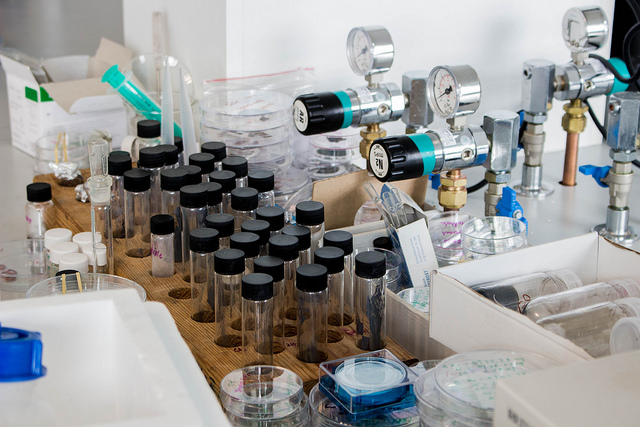Researchers in Trinity have made a significant breakthrough in understanding how certain immune cells behave, which could prove significant in the treatment of allergic diseases like asthma and eczema.
Researchers working in the Trinity Biomedical Sciences Institute (TBSI) found that cells control a “checkpoint” in the immune response that causes the symptoms of diseases such as asthma and eczema.
The discovery, published in The Journal of Experimental Medicine, could help improve the treatment of allergic diseases. Allergic diseases, which can be caused by a range of genetic and environmental factors, are when the immune system misidentifies a threat and overreacts. When working normally, the immune system identifies potentially harmful organisms or substances, such as viruses, and attacks them, often causing inflammation. In a person with asthma, the immune system “misfires”, and initiates attacks when the person comes into contact with allergens. For instance, relatively harmless organisms or substances can trigger this response, such as dust mites. This causes inflammation in the lungs, restricting the person’s breathing.
The Trinity team, led by Prof Padraic Fallon of the School of Medicine, discovered that this inflammatory response was governed by a “checkpoint” controlled by a certain type of immune cell, called a “type 2 innate lymphoid cell” . This cell instructs another type of cell, called a Th2 cell, and the Th2 cell causes the inflammation. In this study, the precise way the immune cell “tells” the Th2 cell to attack has been identified. This is significant and means it may be possible to find a way to turn it “off” when it misfires.
In a press statement, Fallon said the discovery “has important implications for the development of new therapeutic approaches for asthma and other allergic diseases”.
Dr Christian Schwartz, another author on the paper, said in a press statement that he believes “the more we learn about these delicate cellular networks the more possibilities we will create for intervention”.
The TBSI, which houses research on a range of diseases, celebrated its fifth anniversary last year and has been one of the most successful research institutes in Trinity in recent years.







